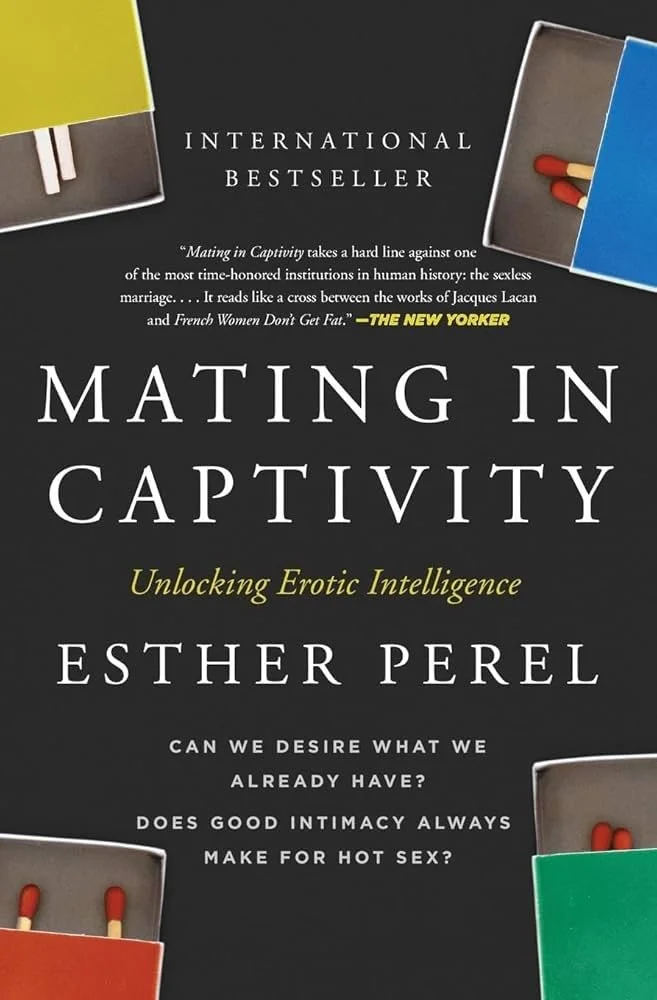The Top Reasons for Divorce (and What We Can Learn From Them)
Divorce is one of the most difficult choices a couple can make. Rarely does it come suddenly. Instead, it’s usually the result of years of unrepaired conflict and gradual disconnection. For some, the decision comes after countless attempts to repair the relationship. For others, it’s the culmination of silent struggles that were never fully voiced.
Although every marriage is unique, research supports that there are recurring themes when explaining why couples separate. Understanding these common reasons can be eye-opening—not to assign blame, but to highlight where couples can focus their efforts if they want to nurture a lasting partnership.
Let’s take a deeper look at the top reasons marriages end and what they reveal about the work of staying together.
1. Communication Breakdowns
Everything in a marriage comes down to communication. Whatever the issue, it’s the couple’s inability to talk about it constructively that becomes the real problem.
Couples all too easily fall into unhealthy patterns: one partner avoids conflict, the other becomes overly critical, both shut down or both compete when disagreements arise. When healing and repair fails to happen, unhealthy patterns become insidious and create emotional distance.
Takeaway: Strong communication isn’t about agreeing—it’s about creating safety to be heard. Couples who practice active listening, empathy, and respectful conflict resolution are better equipped to handle challenges as they arise.
2. Infidelity
Few things shake the foundation of marriage like infidelity. Whether physical or emotional, betrayal creates a rupture in trust that can be extremely difficult to repair. For some couples, it marks the end of the relationship. For others, it becomes a painful turning point that eventually leads to healing and growth.
While infidelity is devastating, it’s often a symptom of deeper issues: unmet emotional needs, lack of intimacy, or disconnection. Addressing those root causes—not just the affair itself—is key to moving forward, whether the couple stays together or not.
Takeaway: Protecting a marriage requires honesty, accountability, and tending to emotional connection long before cracks appear.
3. Finances
Money is one of the leading causes of marital conflict. It isn’t primarily due to things like debt or job loss, although those can cause strain on the relationship. The primary relational issue that causes conflict is mismatched financial values and the inability to navigate them. Money is rarely just about money. It often represents deeper values—security, independence, power, or trust. When couples can’t find common ground, disagreements about money spiral into emotional battles.
Takeaway: Having open, ongoing conversations about financial goals, budgeting, and priorities is essential. Transparency and teamwork go a long way in easing money-related stress.
4. Lack of Intimacy
Intimacy is more than physical closeness—it’s the emotional glue that holds couples together. The decline of intimacy can happen quietly, especially during busy seasons of life—raising children, managing careers, or caring for family members. Without intentional effort, partners may drift apart emotionally and physically, leading to feelings of loneliness and disconnection.
Takeaway: Small, consistent gestures of affection and quality time can reignite closeness. Intimacy requires nurturing at every stage of marriage.
5. Growing Apart
People change over time. The person you married at 25 may not be the same person at 45. That’s natural—but when growth only happens individually and not together, couples may begin to feel like strangers.
This is especially common during major life transitions: becoming parents, empty nesting, career shifts, or personal growth journeys. When couples stop sharing dreams, interests, or values, they risk drifting into parallel lives rather than a shared one.
Takeaway: Staying curious about your partner—asking questions, showing interest in their evolving passions, and cultivating shared goals—helps couples continue growing together rather than apart.
6. Substance Abuse and Addiction
Addictions—whether to alcohol, drugs, gambling, or other behaviors—place tremendous strain on marriages. They erode trust, drain finances, and create instability within the family.
For the partner of someone struggling with addiction, feelings of betrayal, neglect, or even danger may surface. Without treatment and accountability, the cycle often becomes unbearable for both partners.
Takeaway: Recovery is possible, but it requires commitment, support, and professional help. Couples facing addiction need both individual and relational healing.
7. Parenting Differences
Having a child is often the first huge challenge a couple experiences. Parenting can expose differences in values, discipline styles, and priorities. One parent may believe in strict rules, while the other prefers a more flexible approach. If these differences aren’t addressed, they can create constant conflict and undermine both the marriage and the parenting partnership.
Takeaway: Successful co-parenting requires open dialogue, compromise, and the willingness to present a united front. Even when parents disagree, showing mutual respect sets a positive example for children.
8. Lack of Commitment
Not all divorces stem from major conflicts. Sometimes, it’s the quiet fading of commitment. When one or both partners stop investing time, energy, and care into the relationship, the bond weakens. Date nights get skipped. Appreciation goes unspoken. Effort dwindles.
Commitment is less about grand gestures and more about daily choices: showing up, offering support, and choosing each other again and again.
Takeaway: Marriage isn’t sustained by love alone—it thrives when both partners continually nurture it.
Final Reflections
While these are some of the most common reasons for divorce, they don’t have to define the outcome of a marriage. Many couples face these exact struggles and still find their way back to one another through counseling, effort, and honest communication.
Recognizing the warning signs early can make all the difference. Instead of waiting until issues feel unfixable, couples can invest in connection along the way—through therapy, workshops, or simple daily practices of kindness and curiosity.
Practical Tips to Strengthen Your Marriage
Here are a few simple but powerful ways to protect your relationship:
Weekly Check-Ins: Spend 15 minutes each week talking about how you’re feeling in the relationship.
Daily Appreciation: Share one thing you love or appreciate about your partner each day.
Prioritize Time Together: Schedule date nights, walks, or quiet coffee chats—time for connection beyond routines.
Seek Support Early: Don’t wait for a crisis. Counseling, therapy, or workshops can be preventive tools, not just last resorts.
Closing Thought
Divorce can feel like an ending, but it also teaches us powerful lessons about what relationships need to thrive. At its core, marriage requires intentionality: the choice to keep showing up for one another, even when life is messy, stressful, or complicated.
Relationships don’t flourish by accident—they grow because we nurture them, day after day.









